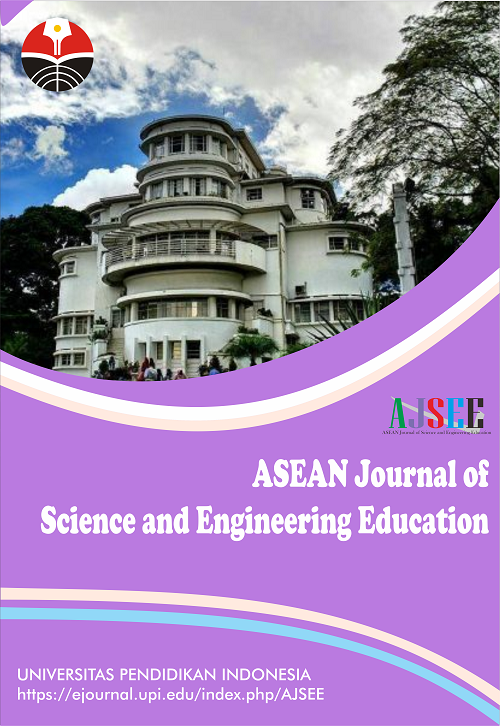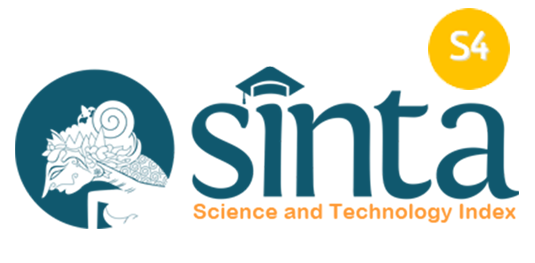Educational Game Design for Raising Awareness of Non-Communicable Diseases Among Late Adolescents Through Midlife Affliction
Abstract
Keywords
Full Text:
PDFReferences
Arifudin, D., Suliswaningsih, S., Pramesti, D., and Heryanti, L. (2022). Implementasi game design document pada perancangan game-based learning. CogITo Smart Journal, 8(2), 385–397.
Arnett, J. J. (2000). Emerging adulthood: A theory of development from the late teens through the twenties. American psychologist, 55(5), 469.
Crockett, L. J., and Beal, S. J. (2012). The life course in the making: gender and the development of adolescents' expected timing of adult role transitions. Developmental psychology, 48(6), 1727.
Fitriani, R. J., Lidiyawati, H., Purnamasari, J., Syam, D. M., and Batubara, S. T. (2024). Analisis faktor-faktor risiko penyakit kronis di masyarakat: Pendekatan epidemiologi dalam pengembangan program intervensi. Jurnal Cahaya Mandalika, 3(3), 1433–1439.
Hacker, K. (2024). The burden of chronic disease. Mayo Clinic Proceedings: Innovations, Quality & Outcomes, 8(1), 112–119.
Kusuma, M. A., Kusumajanto, D. D., Handayani, R., and Febrianto, I. (2022). Alternatif pembelajaran aktif di era pandemi melalui metode pembelajaran game based learning. Edcomtech: Jurnal Kajian Teknologi Pendidikan, 7(1), 28–37.
Leventhal, T., Graber, J. A., and Brooks‐Gunn, J. (2001). Adolescent transitions to young adulthood: Antecedents, correlates, and consequences of adolescent employment. Journal of Research on Adolescence, 11(3), 297-323.
Partovi, T., and Razavi, M. R. (2019). The effect of game-based learning on academic achievement and motivation of elementary school students. Learning and Motivation, 68, 101592.
Sawyer, S. M., Azzopardi, P. S., Wickremarathne, D., and Patton, G. C. (2018). The age of adolescence. The lancet child and adolescent health, 2(3), 223-228.
Staff, J., Schulenberg, J. E., Maslowsky, J., Bachman, J. G., O'Malley, P. M., Maggs, J. L., and Johnston, L. D. (2010). Substance use changes and social role transitions: Proximal developmental effects on ongoing trajectories from late adolescence through early adulthood. Development and psychopathology, 22(4), 917-932.
Yuningrum, H., Trisnowati, H., and Rosdewi, N. N. (2021). Faktor risiko penyakit tidak menular (PTM) pada remaja: Studi kasus pada SMA negeri dan swasta di Kota Yogyakarta. Jurnal Formil (Forum Ilmiah) Kesmas Respati, 6(1), 41–50.
DOI: https://doi.org/10.17509/ajsee.v5i2.86167
Refbacks
- There are currently no refbacks.
Copyright (c) 2025 Universitas Pendidikan Indonesia

This work is licensed under a Creative Commons Attribution-ShareAlike 4.0 International License.














